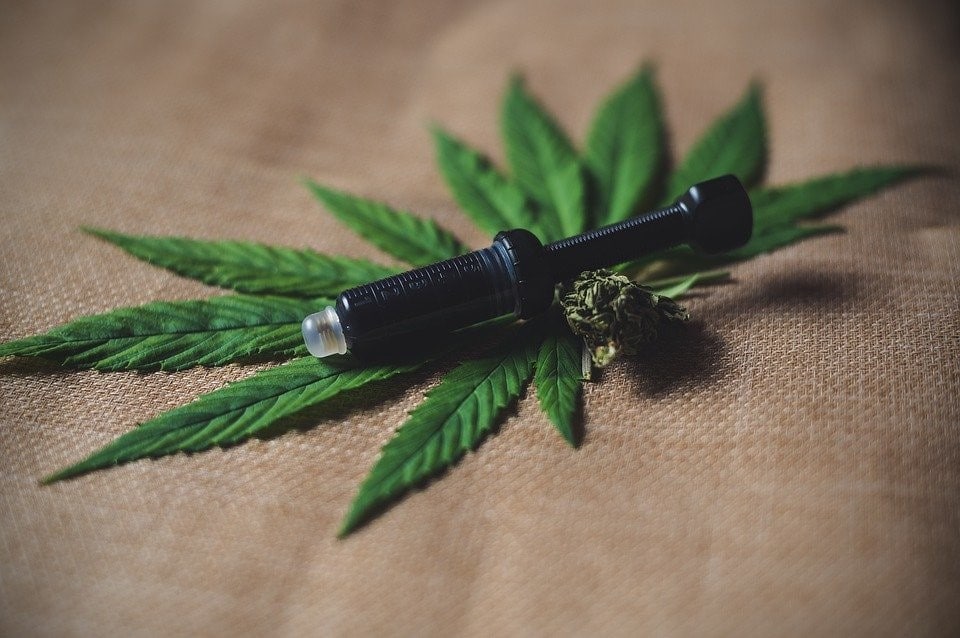Emerging research and business investments in CBD have put cannabis in the spotlight for consumers. CBD is used by scores of people nationally, and in some states, doctors are even prescribing it to treat specific conditions.
CBD’s chemical differences compared to the psychoactive compound, THC, are what make it so popular. Unlike THC, CBD can be used without experiencing the mind-altering effects associated with marijuana. This difference makes CBD handy for addressing mental health concerns, because the compound is unlikely to exacerbate pre-existing symptoms.
However, broaching the topic with your therapist can be nerve-wracking, since cannabis products carry a stigma. But that doesn’t mean you shouldn’t be able to take CBD safely and with the knowledge of your therapist.
Shed the Jitters
The first thing you need to do before having this conversation is to re-center yourself. You’re probably feeling nervous, thinking about what your therapist might say, but the truth is, it doesn’t matter what their moral opinion is. It’s within your rights as their client to take the initiative to better your mental health.
Therapy is a space for your healing and growth, so if you feel like CBD can help you, there’s nothing wrong with bringing it up. However, it would be best if you were prepared for your therapist to share concerns about the prospect. That doesn’t mean they’re judging you—just that they’re concerned.
Know the Possible Benefits
Whenever you talk to any health professional about CBD, make sure you do your research. Some studies have shown that CBD can be useful for mental health, but that doesn’t mean it’s a one-size-fits-all solution.
Read medical and psychological research papers about the uses of CBD for your specific mental health issues. Testimonies by health providers and patients are also handy. When you talk to your therapist, make sure you discuss the research you’ve found.
This way, your therapist will know that you’ve been conscientiously thinking this decision through.

Advocate for Yourself
When having this discussion with your therapist, remember not to shrink back from being firm about it. Remember, therapists are not doctors or psychiatrists. If a reliable psychiatrist has signed off on your use of CBD, your therapist is not qualified to overrule that decision.
That being said, take their concerns seriously and openly discuss why you feel like this could help you. Your therapist probably knows you very closely and can offer you valuable insight that other people can’t.
Discuss the Possible Effects on Therapy
Talking about the impact that CBD can have on therapy sessions is crucial. Some people have reported being more open when using CBD, while others have reported a change in energy levels that have helped them engage more during their sessions. You and your therapist need to acknowledge this possibility and watch out for adverse effects.
However, adverse effects shouldn’t be an issue, especially if you consume the best CBD products for sale near you. Our CBD products include hemp flowers, oil, capsules and more—all of which are grown and produced with certified Good Manufacturing Practices. Browse through our store to buy CBD products online at affordable prices with quick shipping!
The content of this blog is purely for informational purposes. Please consult a medical professional before taking CBD for your health condition.

